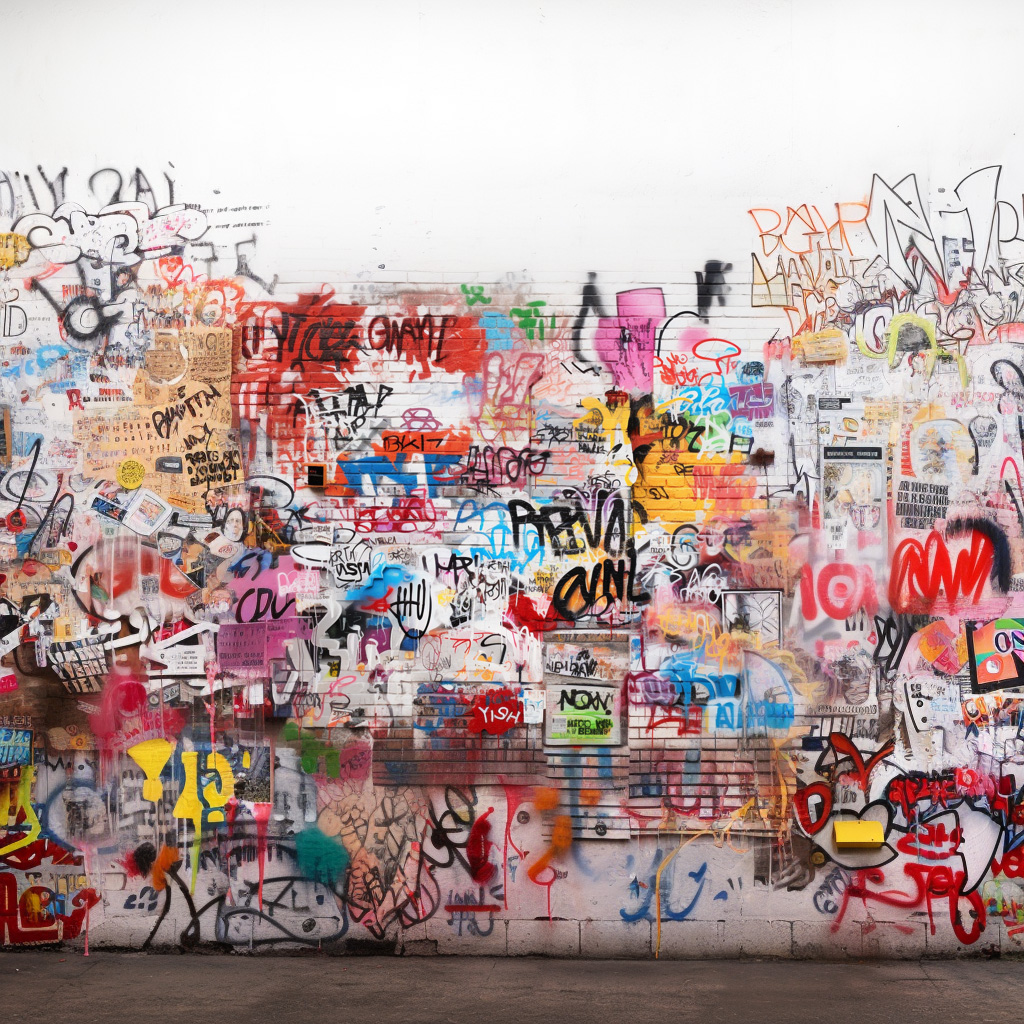For We Know Not What We Do

The world that surrounds us is daunting,
too many voices speak truth
and prophetic words from false prophets
sow division.
God cannot be both compassionate
and a defense through which morality props
up the unjust
But the most persuasive voices
can tailor the emperor’s clothes
to align with God’s will
or is it man’s?
So that the immigrant is still detained
the prisons overflow
race is divisive
the poor are criminalized
the natural world degraded
walls are built
And weapons are beat not into plowshares,
but into proclamations that they alone
can make us secure.
The drumbeat goes on
And then, in stillness
the God who is addressed in prayer
who is challenged and cursed and loved
and condemned
responds:
Enter into discomfort,
dispel rational thought
that has normalized hate,
and do not tread on the surface,
but abandon it for the deep
for it is there
that the truth will be uncovered
revealing that all are created
in the image and likeness of God
all are made holy and sacred and just.
It is a profound truth,
if only because the voice that responds is feminine
and courageous,
as though all of the daughters and sisters and mothers
had preached a holy Gospel that for too long had gone
unheard in the echo chambers of the ordained
and the backroom channels of the elected
and the boardroom coffers
of an ever-present greed
and the people would plead,
and the faithful would gather:
We must rise from dust and ashes
to a sermon on the mount that was once proclaimed
not mere allegory or callous refrain
but a prophetic truth that has always been
that has always been until it wasn’t
because we had strayed so far from the road
that the Judean was left to rot and decay
and Lazarus awoke only to die again
and the fishermen did not walk on water
but capsized in the storm,
their bodies washed to shore
not as fishermen, not as disciples,
but as refugee children drowned
and the rich man walked through
the eye of the needle
and the mob picked up the pile of stones
and the loaves and fishes were hoarded away
and the other cheek was not turned to the side,
but instead a gun was drawn
and the bullets pierced those hands
that once held nails
And we wept.
For so long we wept and cried out:
My God, my God why have you forsaken me?
And in reply her voice dispelled any rumor or denial:
My child, my child it is you who have forsaken me.
For in that moment our truth had finally been revealed
For we cannot claim a compassionate God
if the God we choose is a placeholder
to uphold unjust views
or whose ears fall deaf to the cries of the poor
or who promotes a prosperity
that benefits a few and no more.
For we cannot claim a compassionate God
and proclaim the Gospel as the only truth
when that very same God is rejected by us
because he or she does not look like us
but rather the image that appears
reflected in our mirror is
the immigrant detained by us
the refugee excluded by us
the inmate who profits us
the detainee tortured by us
the gay man shamed by us
the child abused by us
the woman silenced by us
the poor forgotten by us
And all of it in my name.
So forgive us, we know not what we do.
Forgive us, even though we know
that it’s not quite true:
for we know exactly what we do.
Amen.

About the Rabble Rouser
Michael Krueger first met Sister Julia in La Crosse, Wisconsin, while an undergraduate student at Viterbo University and dishwasher at St. Rose Convent. She was the only sister who didn’t leave a generous tip. (All joking aside, the one and only tip he actually received was the priceless call to FSPA affiliation in 2009). He credits that “top-notch Franciscan education” for putting him on a path to La Crosse’s Place of Grace Catholic Worker House (where he lived for two-and-a-half years), SOA peace vigils, work with developmentally disabled adults (inspired by Jean Vanier and L’Arche), commitment to social justice and a chance dinner with Roy Bourgeois. He currently lives near Madison and is a stay-at-home dad to two creative and adventurous kids, and is an active member of the Catholic Worker community there.




Julia, this may be the most important thing I’ve read this year so far. I’m taking this with me. I’m reflecting, repenting, and remaking myself, and consciously not just for myself but for those of this world who need people like me to be remade.
Carol, thanks so much for your kind words! I’d be happy to send you a PDF copy of the poem if interested – which reads a little easier and is slightly better formatted.